BBC editor on trial for naming sex abuse victim
It is the first time a BBC editor has been charged with breaching law entitling complainants to lifelong anonymity
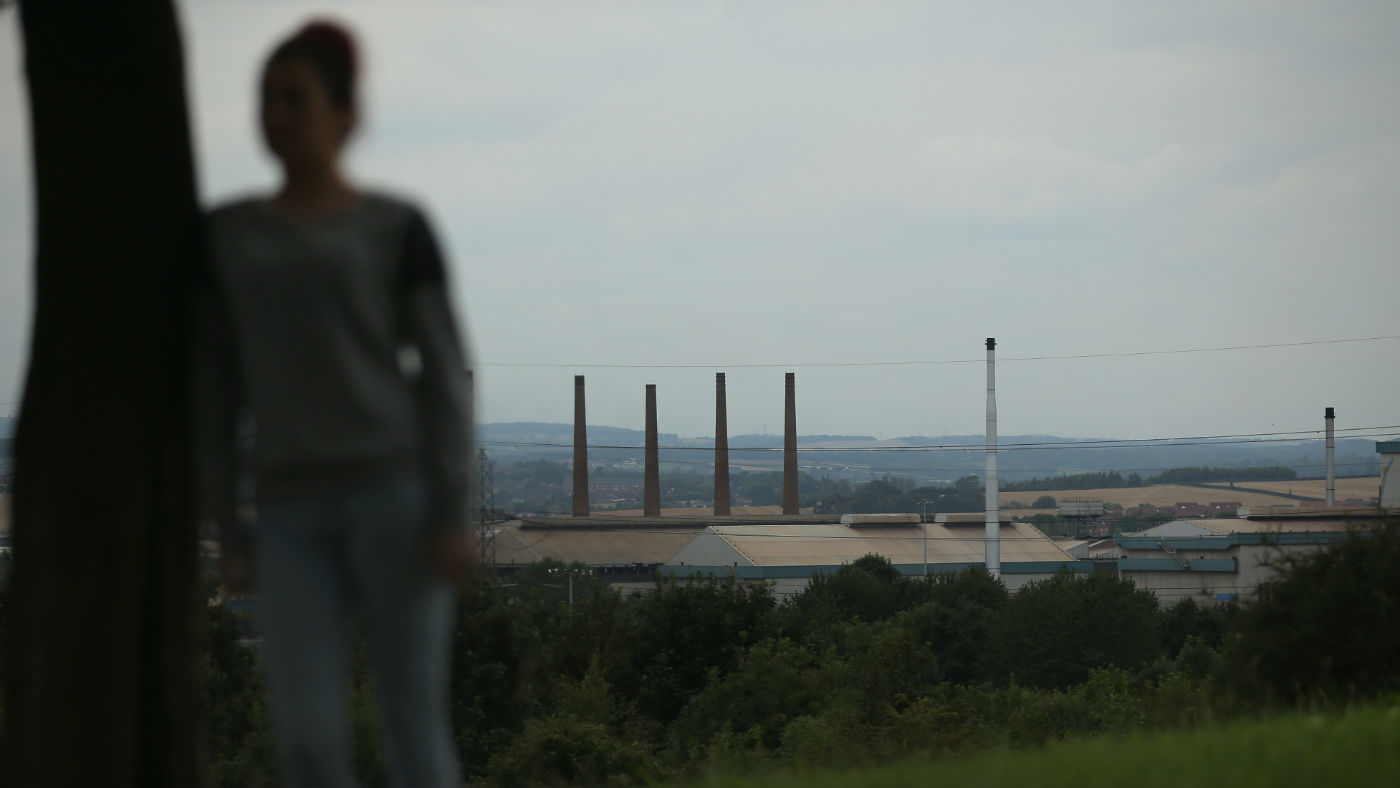
A free daily email with the biggest news stories of the day – and the best features from TheWeek.com
You are now subscribed
Your newsletter sign-up was successful
For the first time, a senior BBC editor has gone on trial over the naming of a sexual abuse victim on a live radio broadcast.
BBC Asian Network’s head of news, Arif Ansari, has been charged in his capacity as editor after one of his reporters used a victim’s real name live on air, despite a law entitling all complainants to lifelong anonymity.
Rickin Majithia had been sent to cover the trial linked to the Rotherham sex abuse scandal. When submitting his script to Ansari he used the witness’s real name which was read out in court, which he thought was a pseudonym.
The Week
Escape your echo chamber. Get the facts behind the news, plus analysis from multiple perspectives.

Sign up for The Week's Free Newsletters
From our morning news briefing to a weekly Good News Newsletter, get the best of The Week delivered directly to your inbox.
From our morning news briefing to a weekly Good News Newsletter, get the best of The Week delivered directly to your inbox.
According to the Daily Telegraph the reporter “had a number of previous dealings with the woman as he investigated the Rotherham child sexual exploitation scandal and had become confused, thinking that the name he had always called her was her real one, when it was not”.
It was the first time he had done court reporting and had never even attended a crown court before to watch a case, says the BBC.
HuffPostUK reports that he also told the court he had been suffering from stress at work, something he said Ansari knew.
The prosecution said this was significant because Ansari knew he was inexperienced. They argue the editor failed to query the name of the victim before approving the script or check it with BBC lawyers and that ultimately he was responsible for output that day.
A free daily email with the biggest news stories of the day – and the best features from TheWeek.com
In a statement read to the court, the complainant said: “I immediately panicked but carried on listening”.
She said it had been hard enough to give evidence in the first place and “to then have my name given out as a victim of rape on a BBC radio station was unbelievable.”
After realising the mistake, Majithia wrote an email to the witness, saying “I made a human error. It was a moment of confusion I will regret forever”, but did not send it due to advice from his superiors.
Under the Sexual Offences (Amendment) Act 1992, from the moment a complaint of sexual abuse is made, all publishers and broadcasters are banned from naming the complainant unless they choose to waive their anonymity or a court orders otherwise.
It is the first time a BBC editor has been charged under the act.
-
 The Week Unwrapped: Do the Freemasons have too much sway in the police force?
The Week Unwrapped: Do the Freemasons have too much sway in the police force?Podcast Plus, what does the growing popularity of prediction markets mean for the future? And why are UK film and TV workers struggling?
-
 Properties of the week: pretty thatched cottages
Properties of the week: pretty thatched cottagesThe Week Recommends Featuring homes in West Sussex, Dorset and Suffolk
-
 The week’s best photos
The week’s best photosIn Pictures An explosive meal, a carnival of joy, and more
-
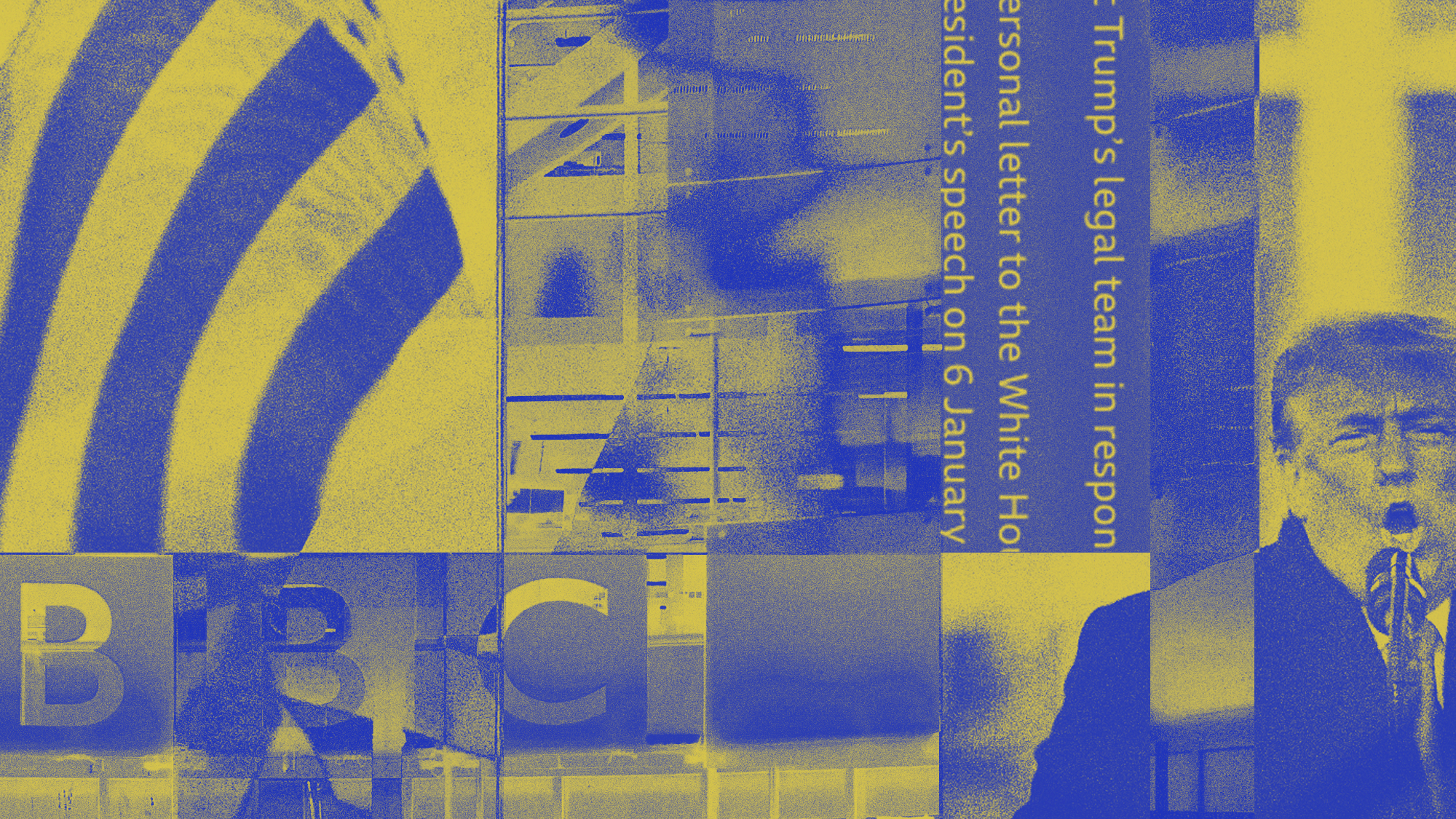 Trump vs. BBC: what’s at stake?
Trump vs. BBC: what’s at stake?The Explainer The US president has filed a $10 billion lawsuit over the editing of Panorama documentary, with the broadcaster vowing to defend itself
-
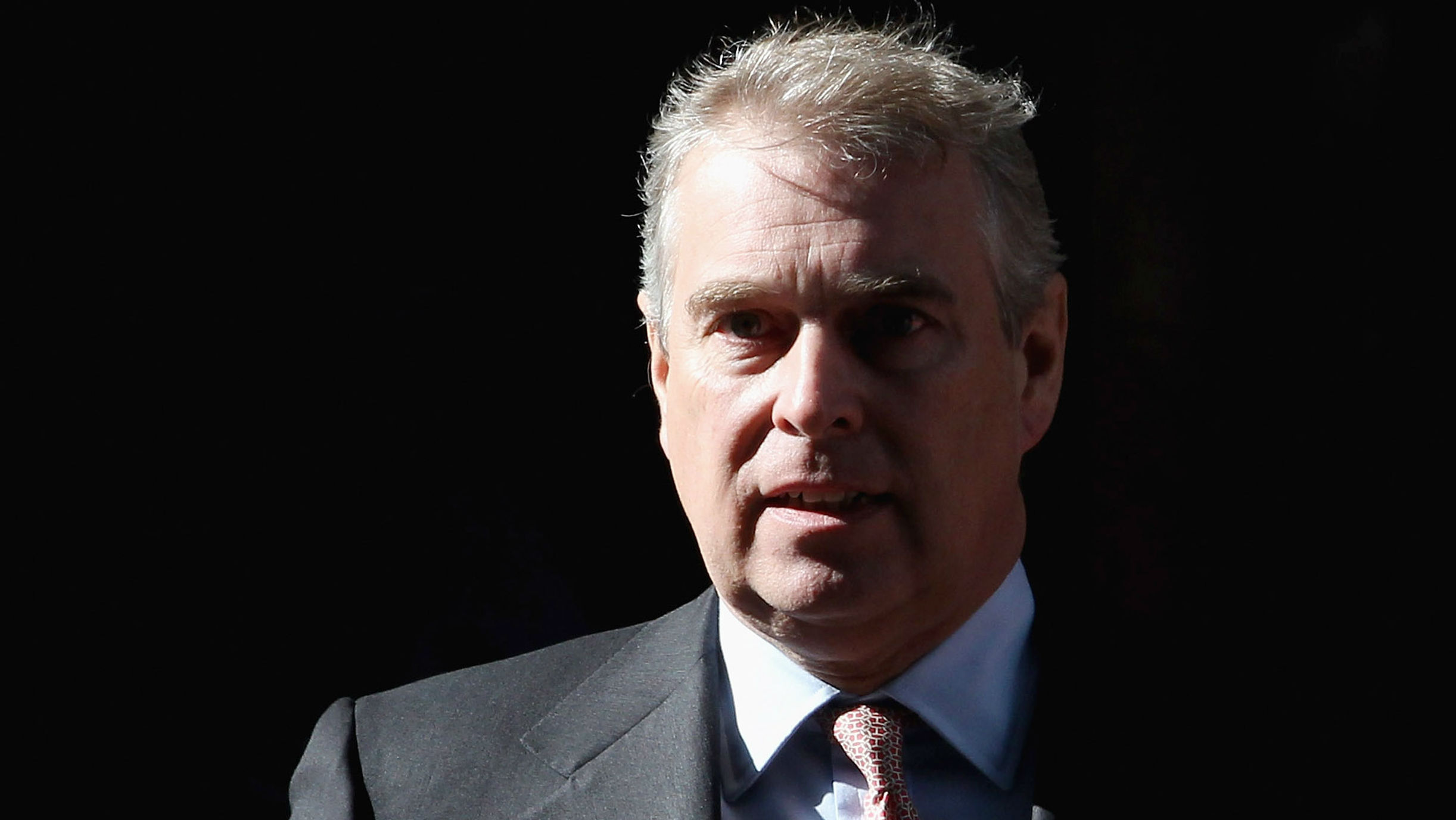 What could Prince Andrew have faced in Virginia Giuffre sex abuse trial?
What could Prince Andrew have faced in Virginia Giuffre sex abuse trial?feature Duke of York agrees to pay ‘substantial donation’ in out-of-court settlement
-
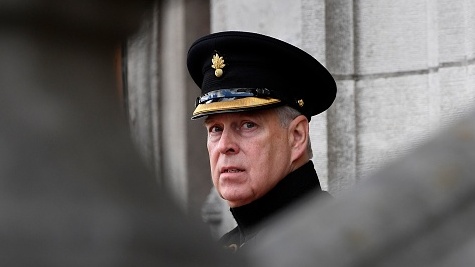 Will secret Epstein-Giuffre settlement end Prince Andrew’s legal woes?
Will secret Epstein-Giuffre settlement end Prince Andrew’s legal woes?feature Newly unsealed court papers show royal accuser was paid $500,000 in 2009 deal
-
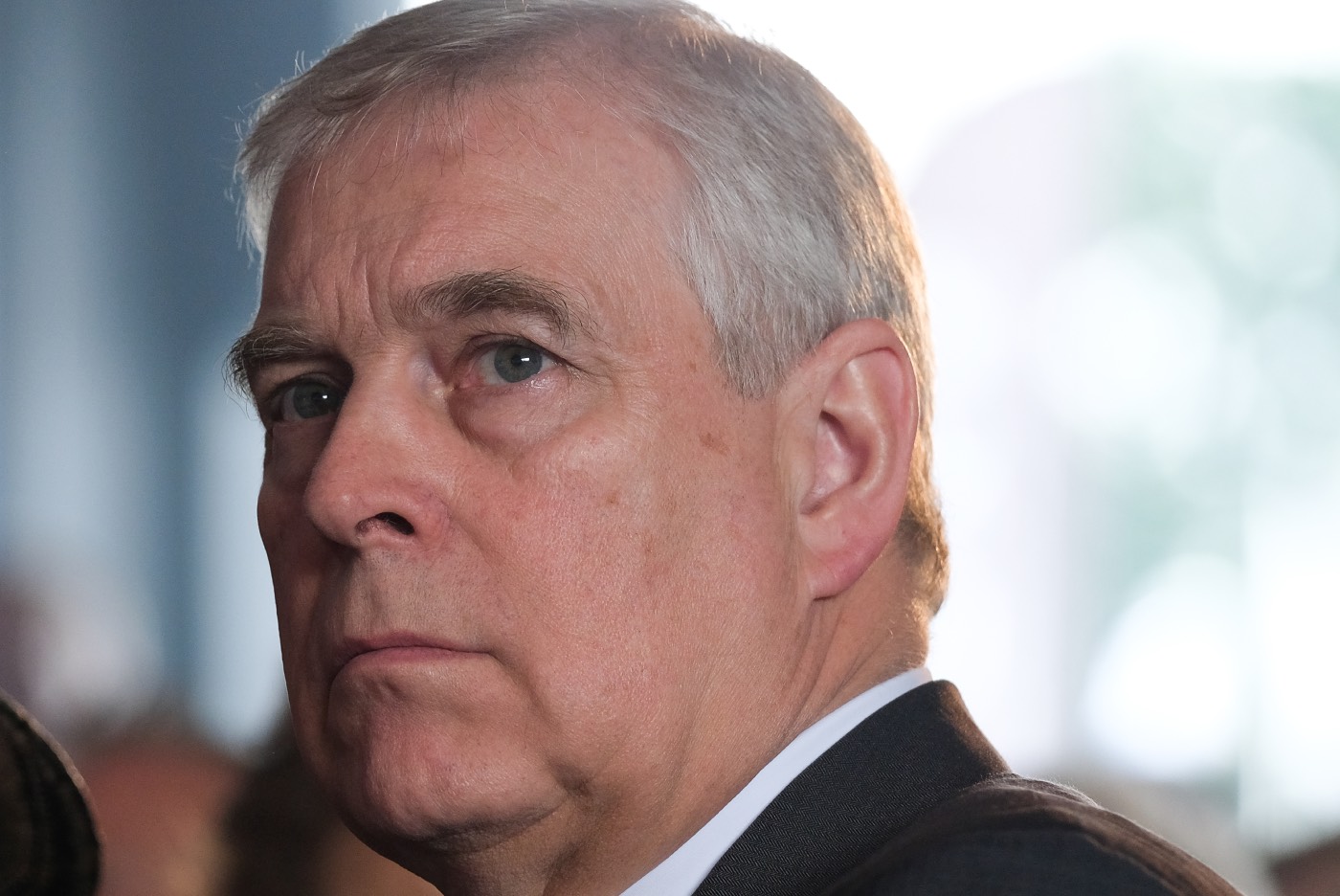 Prince Andrew accused of ‘playing hide and seek’ to avoid sex assault lawsuit
Prince Andrew accused of ‘playing hide and seek’ to avoid sex assault lawsuitfeature But US judge rules legal papers can be served to Duke of York’s LA-based lawyers
-
 Texas’s abortion law: the Republicans get their way, at last
Texas’s abortion law: the Republicans get their way, at lastSpeed Read SB8 authorises private citizens to sue anyone who performs, ‘aids or abets’ an abortion after six weeks of pregnancy
-
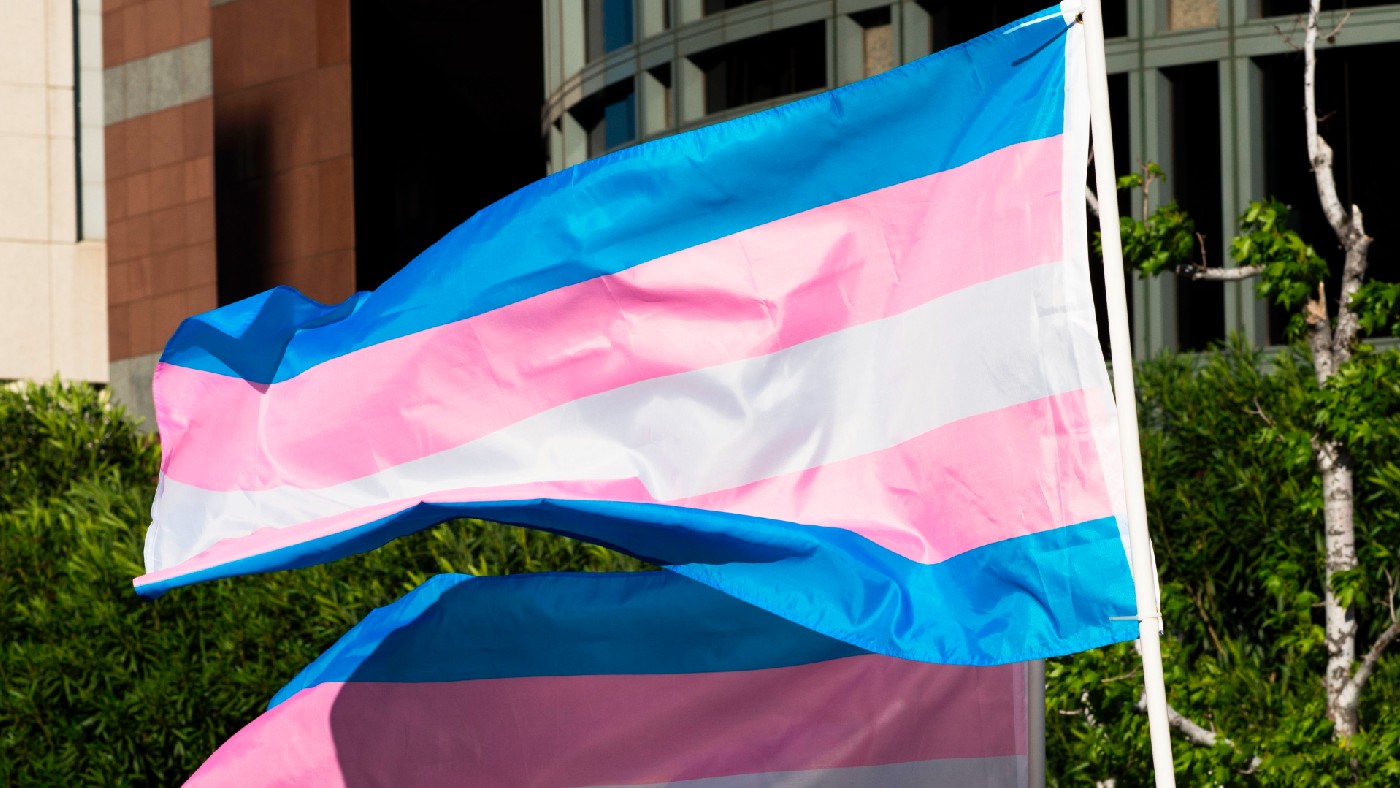 Changing legal gender: what’s new and how does it work?
Changing legal gender: what’s new and how does it work?Speed Read Cost of a gender recognition certificate application is reduced from £140 to £5
-
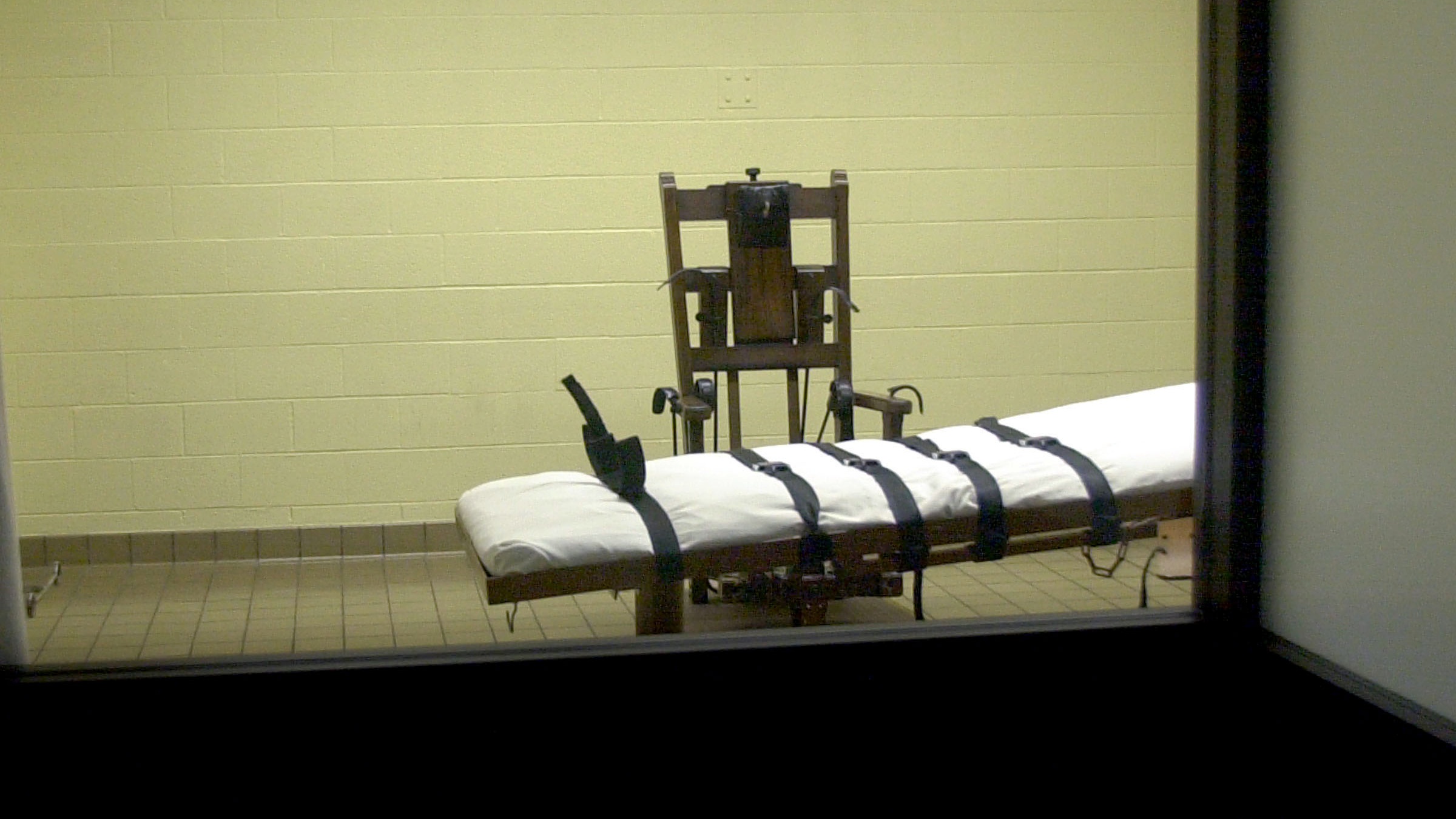 America’s bloodiest state votes to ban the death penalty
America’s bloodiest state votes to ban the death penaltySpeed Read Virginia has executed more than 1,300 people in its 400-year history
-
 FBI accused of ‘fake’ background check on Donald Trump Supreme Court nominee
FBI accused of ‘fake’ background check on Donald Trump Supreme Court nomineeSpeed Read Democratic senator calls for ‘proper oversight’ over Brett Kavanaugh investigation into sexual assault claims